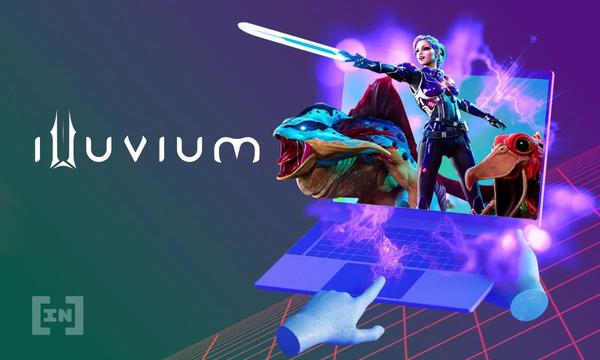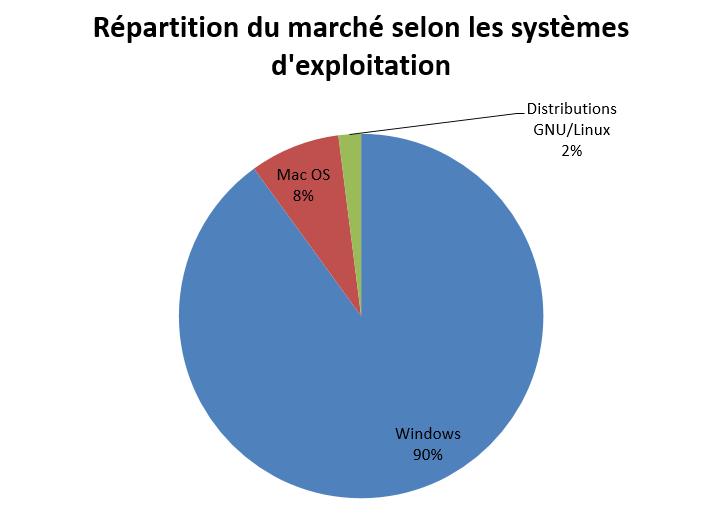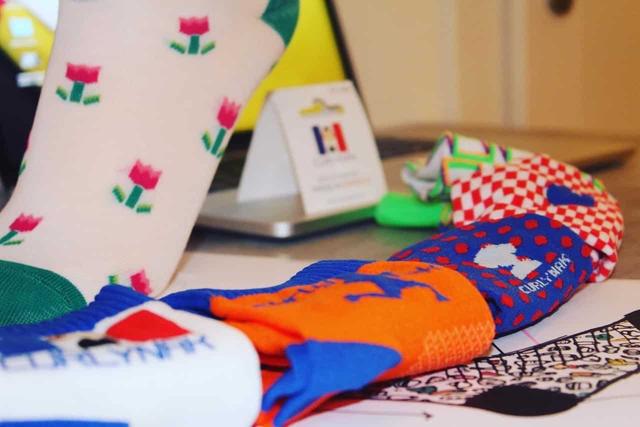Children influencers: leisure or salaried work?
Child influencers reigning over social networks, such as Youtube, Instagram, Tik Tok, Twitch are no longer a new trend. Nevertheless, the dissemination of their private life for commercial purposes raises more and more questions.
Can we still talk about leisure or is it real salaried work?
Faced with the existing legal vacuum and in the interest of the child, on February 12, 2020 then on June 25, 2020, the National Assembly and then the Senate adopted a bill aimed finally at regulating the commercial exploitation of the image of children under sixteen on online platforms.
1- As a preliminary, on the presentation of child influencers
According to a recent study, 90% of parents of children under the age of 8 leave a "digital footprint" of their children on the internet (GECE survey institute). In other words, they post photos of their children on social networks, or even publish videos on Youtube. At first, it was a simple leisure activity, a phenomenon called "Sharenting". Term that was created by The Wall Street Journal, which is a neologism resulting from the contraction of the term "share", "share" and the term "parenting", "to be a parent", to designate the parents who reveal on a large scale the photos and videos of their children on social networks. The newspaper then spoke of "oversharing".
Indeed, this content is no longer limited to a simple distribution of photos, but increasingly takes the form of Vlogs (contraction of blog and video, often videos that show the day, the routine of the child ), games, Unboxing which corresponds to the opening of parcels and gifts facing the camera, etc.
Originally born in the United States with the "Youtube" platform, this phenomenon is developing under new platforms such as Tik Tok and Twitch.
Parents create Youtube channels so that their content, featuring their children, reaches a greater audience. Indeed, these channels, which are followed by thousands of "followers", are becoming more and more attractive for brands aimed at children, who can seize this opportunity through advertising contracts signed directly with parents.
In the Forbes 2019 ranking, among the highest paid youtubers, child influencers rank first and third.
We can cite the 8-year-old American Ryan Kaji, in first position in the ranking, he started on Youtube at the age of 3 by unboxing toys in front of a camera. It generates revenue of up to $26 million per year. He is followed in the ranking, in third position, by the Russian, Anastasia Radzinskaya, only 5 years old, and generates an income reaching 18 million dollars per year.
In France, there are also successful child influencers, such as Swan The Voice – Néo & Swan, aged 14 and 8 respectively, and who are followed by 5.12 million subscribers on Youtube.
Faced with the financial flow generated by the broadcasting of these channels featuring children under the age of 16 – the authors of the videos are remunerated by the broadcasters – the problem arises of the supervision of the work of minors on the Internet.
Indeed, at present, the Labor Code does not provide for any measure concerning the work of minors on the Internet, because the activity of these children was considered a leisure activity.

Several associations have denounced “children exploited and manipulated by their parents”, in that these videos are likely “to harm the social life of these children, depriving them of other leisure activities”.
The Ministry of Labour, in a response published in the Official Journal on December 4, 2018, to a question from a Member of Parliament on the issue of the legal framework for the work of minors on the internet, specified that if certain videos posted line were still part of the leisure activity, "the "overlay" between the bond of subordination and parental authority must not be used to mask any work performed by the children which, therefore, would fall under the provisions of the Labor Code, which only allows minors under the age of sixteen to work in limitedly listed sectors and under the conditions of obtaining an individual authorization. In any case, the legal framework of this activity, taking into account the essential protection of young people and respect for the rights of the child, needs to be clarified. (Written question with answer n° 9178, June 12, 2018 Mrs Émilie Guerel – Ministry of Labour, Social Relations, Family, Solidarity and the City).
2- The current state of labor law applicable to minor children
2.1. From a general point of view, the prohibition of work for minors under the age of 16
In France, work is authorized from the age of 16, sometimes from the age of 14 , when the minor performs light work, in particular during school holidays. Until the age of 18, the minor benefits from specific protective rules whether he is employed or on an initiation or application course in a professional environment. carried out as part of sandwich courses or a school course (art. L. 3161-1 to L. 3164-8 of the Labor Code).
In accordance with the provisions of articles L. 4153-1 to L. 4153-6 of the Labor Code, the work of minors before the age of 16 is prohibited, in that it is at this age that they are released from work. school obligation.
However, there are exceptions:
The request for authorization is accompanied by the written agreement of the legal representative of the minor. The authorization may be withdrawn at any time if it is found that the minor is employed in conditions that do not comply with those taken into account in the request, and more generally when it comes to conditions contrary to labor regulations.
It is therefore, by taking inspiration from the already existing regime for child artists and models, that the bill, aimed at governing the work of minors under the age of 16 on online platforms, intervenes.
2.2. The special regime for child artists, models, competitive video game players
Concerning the employment of minor children in the entertainment sector, under the terms of Article L. 7124-1 of the Labor Code, a child under sixteen may not, without prior individual authorization granted by the administrative authority, be, in any capacity whatsoever, engaged or produced:
This prior authorization can be withdrawn at any time, if the safety, health and morality of the minor child is compromised.
Also and, as specified in Article L. 7124-2 of the Labor Code, "the employment of a minor over the age of thirteen, with a view to carrying out the activities defined in Article L 7124-1, is subject to its favorable written opinion. Any person wishing to hire or produce a child under the age of sixteen for a specific show or production, in a film, radio, television or recording company sound, submit a request for authorization beforehand to the prefect of the company's head office".
When the head office of the company is abroad or when the company has no fixed head office, the application is filed with the prefect of Paris.
A request for authorization is also submitted "by any person, other than the approved modeling agency, who wishes to select, engage, employ or produce a child under the age of sixteen to exercise a modeling activity within the meaning of article L. 7123-2. »
The safety and morality of the minor child is preserved, in that the request for prior authorization must include all documents enabling the "difficulties and the morality of the role he is called upon to play, to the service he provides as a model or his activity as a competitive video game player, all the details of his employment conditions, his remuneration and the arrangements to ensure his school attendance.
Also, in accordance with the provisions of Article R. 7124-7 of the Code, "an order from the Minister responsible for health sets the checks to be carried out during the medical examination provided for in 3° of the of article R. 7124-5 to ensure, depending on the child's age, state of health, duration, pace and times of the proposed activity, that this activity is not harmful to the health of the child and to determine possible contraindications”.
According to article L. 7124-9 of the Labor Code:
“Part of the remuneration received by the child may be left at the disposal of his legal representatives.
The surplus, which constitutes the savings, is paid to the Caisse des dépôts et consignations and managed by this fund until the child reaches the age of majority. Direct debits may be authorized in the event of an emergency and on an exceptional basis.
In case of emancipation, it is again ruled”.
Also, article 7124-11 of the Labor Code specifies that "the remuneration to which the child is entitled in the event of the use of his image pursuant to article L. 7123-6 is subject to the provisions of this subsection”.
3- Towards regulations governing the work of child influencers.
On June 25, 2020, the Senate unanimously adopted at first reading the bill aimed at regulating the commercial exploitation of the image of children under sixteen on online platforms. line. It was adopted by the National Assembly on February 12, 2020.
"The text intends to fill a legal void concerning a "new form of entrepreneurship and artistic expression" that has emerged in recent years".
If the online platforms are not named in the bill, we can guess that it is Youtube, Tik Tok, and Twitch.
The bill finally creates a legal framework by extending to child influencers:
Also, the legislator wants to make the right to be forgotten more accessible for children staged on the internet, without the prior consent of their legal representatives.
As rightly pointed out by some, "the regime should henceforth apply to children whose image is used with a view to broadcasting on an on-demand audiovisual media service, and to children whose activity comes under 'a working relationship (work provision, remuneration and subordination)' (Isabelle CORPART Lecturer (HDR) at the University of Haute-Alsace, CERDACC).
It is interesting to note the provisions of article 4 of the draft which “makes platforms participate more actively in the detection of problematic audiovisual content and creates an obligation to cooperate with public authorities“.
The bill aims to make platforms responsible, for example by obliging them to remove any content that depicts a minor under the age of sixteen, in disregard of the prior individual authorization regime. (arts. 2 and 4 of the bill).
Platforms that fail to comply with these obligations may be fined 75,000 euros. (section 6 of the bill).
Also, article 5 of the bill creates “a right to erasure” for minors whose image is broadcast by a video-sharing platform.
On September 29, a meeting is scheduled for the Committee on Cultural Affairs and Education and on October 5, a public session is scheduled for the adoption of the bill at second reading.
We can only welcome this step forward aimed at better protecting children on the Internet.
Dalila Madjid, lawyer
and Léa Martineau, trainee lawyer







